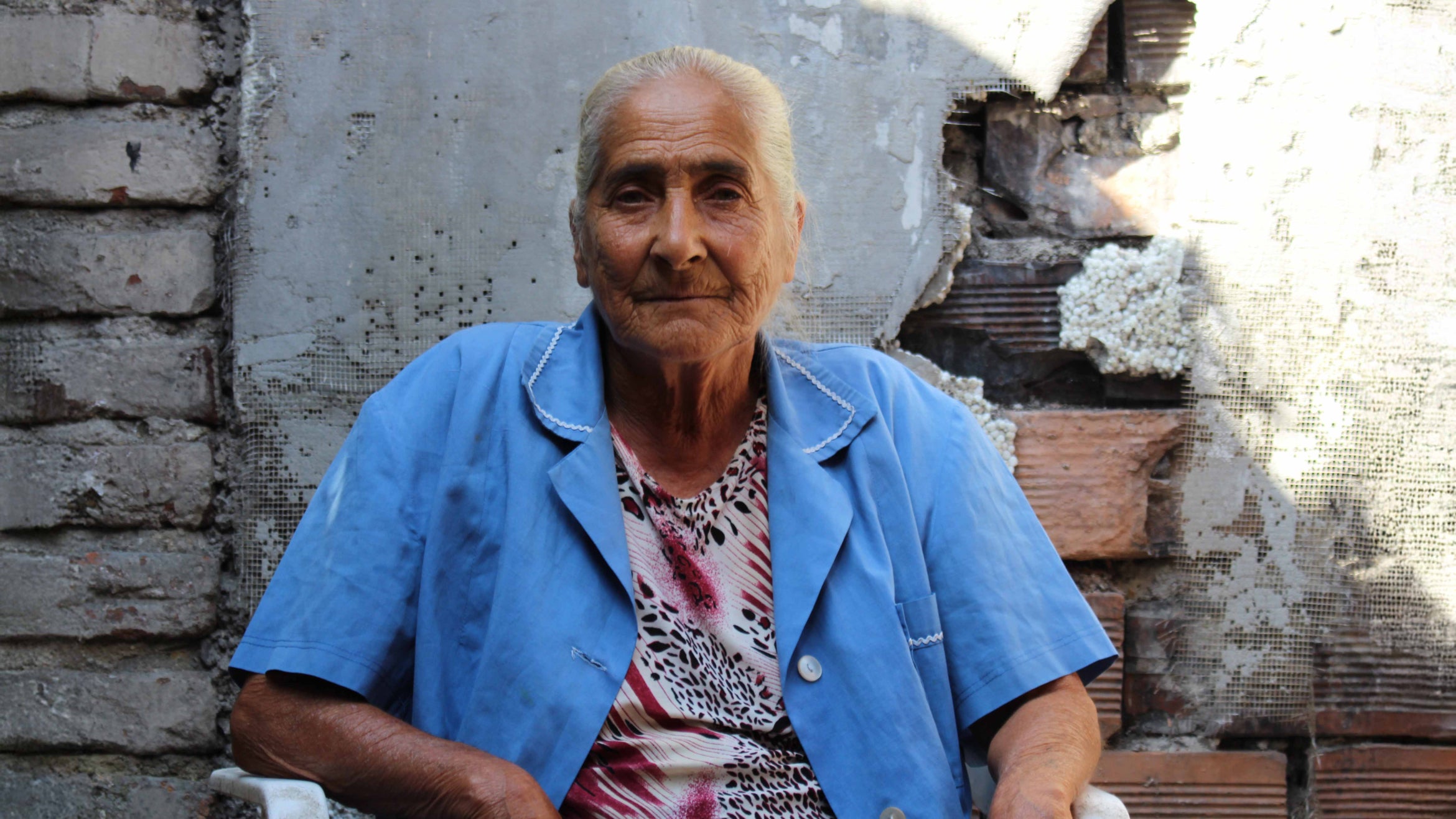
Wealth Is Not Health

You might think that swift and effective response to a global pandemic would be directly tied to a nation’s wealth. Not so, says new research from Jan Nederveen Pieterse, UC Santa Barbara professor of global studies and sociology.
In a paper published in ProtoSociology, Pieterse singles out three variables — knowledge, state capability and social cooperation — and finds that all are crucial (and work especially well in tandem) when looking at public health response to a large-scale crisis.
“A high concentration of wealth doesn’t bode well for public services and public health,” said Pieterse. Rather, when he examined Covid response in 26 different countries across the world, he was able to identify traits shared by nations who have handled the pandemic with relative ease. What do nations with low numbers of deaths and a high percentage of vaccines have in common? According to Pieterse, “knowledge, state capability and people’s trust in government were positive and aligned.”
As Pieterse defines these terms, “knowledge” refers to not only a nation’s collective scientific or expert knowledge, but also to social experience with infectious disease, while “state capability” refers to a country being “prepared, ready, acting swiftly and decisively.” Social cooperation is a region’s ability to come together cohesively in a time of crisis.
“The keynote in this research is pattern analysis,” said Pieterse. “We step away from macro categories like globalization and so forth because they are too blanket. We don’t learn much from them. On the other hand, we cannot have the scatter of micro changes all over the place either. So, we look at an in-between zone — which patterns are meaningful and give us insight? In looking at the pattern of varieties of market economies, there are meaningful differences.”
Comparing varieties of market economies — economic systems based on rights to own private property and free enterprise — is especially important in Pieterse’s research because, he says, that captures both cultural and economic trends.
“Market economies are the crystallization of institutional development over long periods,” he explained. “So they reflect history, geography, culture. They come together to help us understand how economies and economic behavior is organized.”
Pieterse’s data shows that what he calls “coordinated market economies” (such as Denmark, Germany or Canada) and “developmental state-led market economies” (such as Cuba or Vietnam) tend to generate the best combination of variables in response to the pandemic, while “liberal market economies” (such as the United States, United Kingdom and Chile) and “countries with rightwing populist leaders” (such as Brazil or India) tend to produce the worst combination.
In terms of the U.S. response to the pandemic, Pieterse sees its relatively poor numbers as correlating directly to the way the country’s capitalistic structure is organized. “If you have a society that, for historical reasons, is business-oriented because there is no aristocracy or monarchy, the big corporations lead the public sphere and control the media,” he said. “Big pharma leads in the public health sphere. In a crisis, this has advantages like swift vaccines, but also has a downside because corporations are then allowed to keep the patents. Vaccines as a public good are not as important as profit.”
As the pandemic has progressed through different variants, Pieterse’s findings have only become more apparent. “What crisis reveals over time becomes gradually clearer,” he said “Now we have a lot more data, and it confirms considerations we already had.”
As for future action and lessons learned from a major global public health crisis, Pieterse is not confident that any of the market economies he studied will change their ways. “Countries that do not need the lessons will learn from this pandemic,” he said. “Countries that need the lessons will not.”



